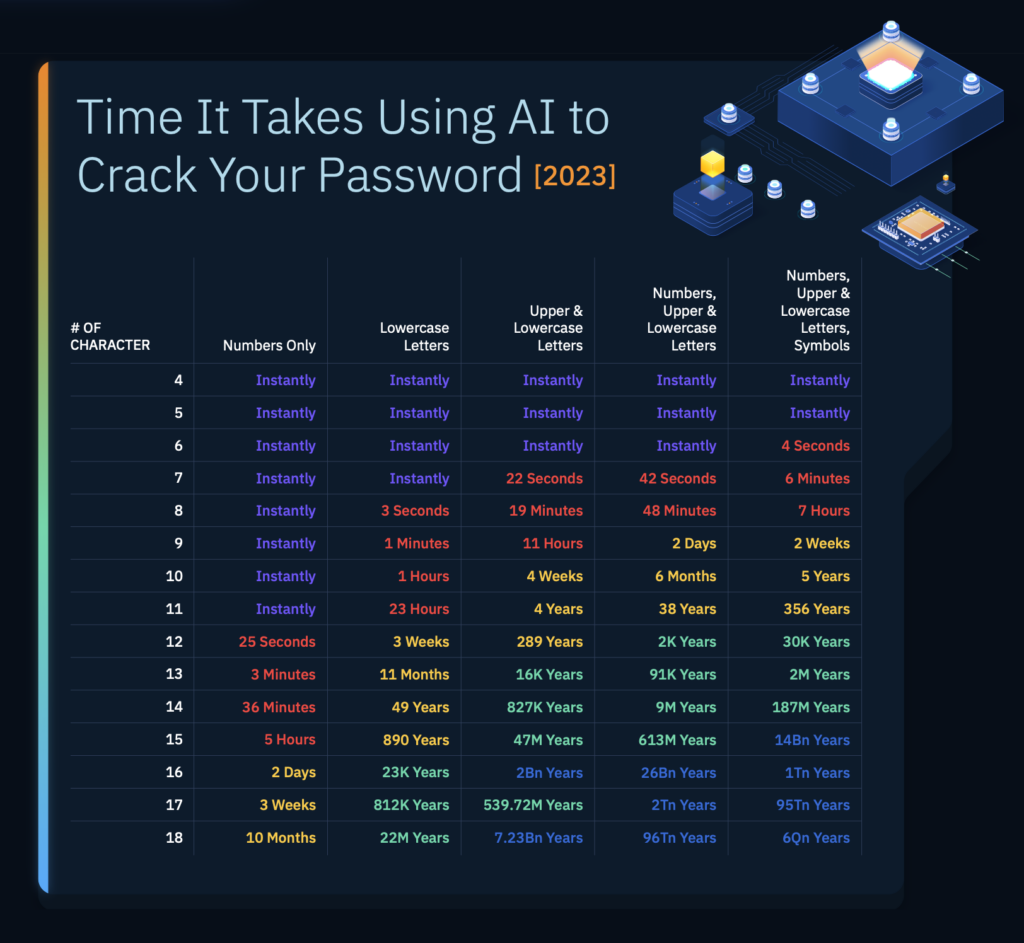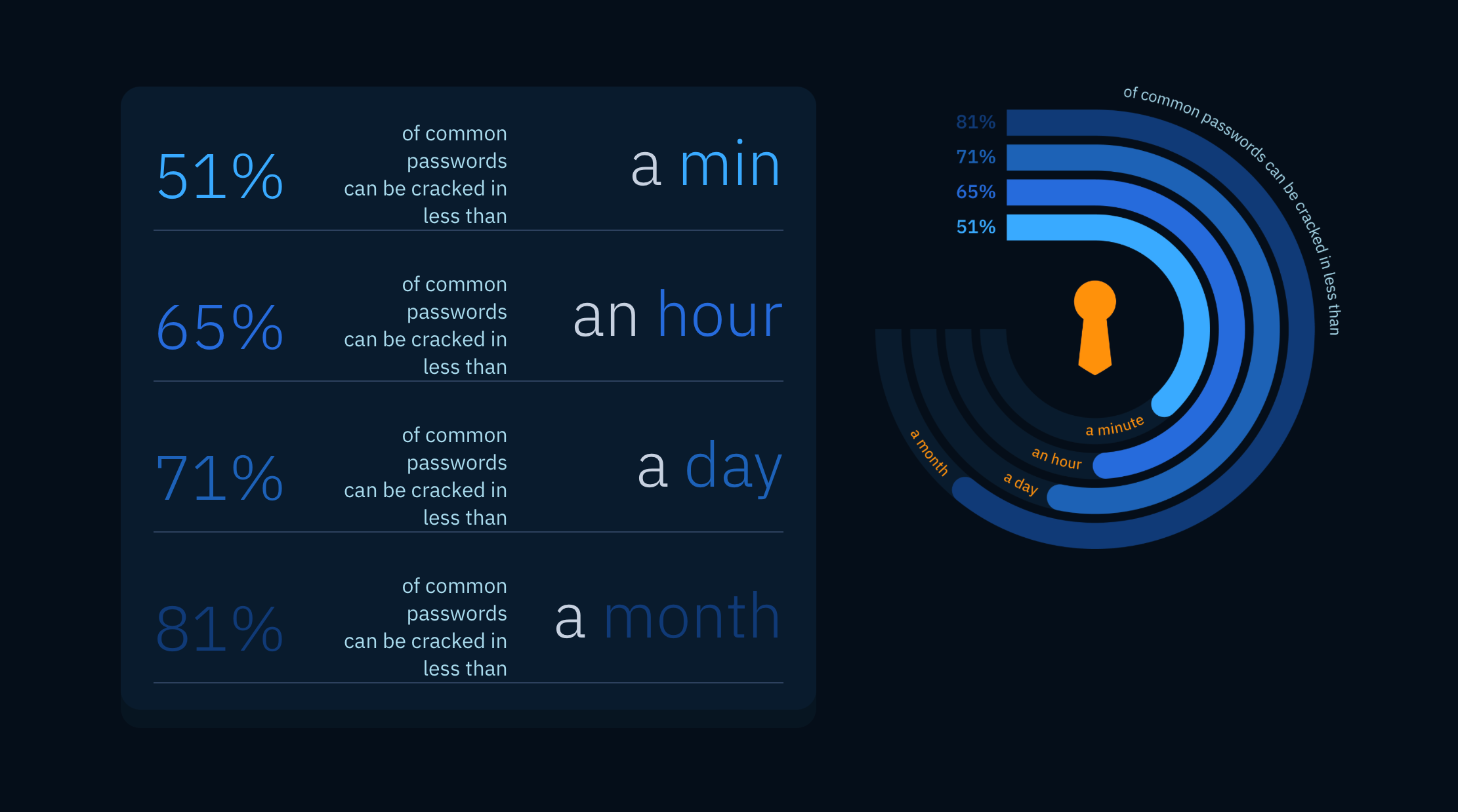I want to discuss a critical topic that impacts us all: password security. In the age of ever-evolving technology, AI is revolutionizing the way hackers can crack passwords, making our online accounts more vulnerable than ever. A recent study by Home Security Heroes revealed that an AI-based password-cracking tool called PassGAN managed to compromise an alarming 51% of passwords in under a minute. So, let’s dive into understanding how this technology works and what we can do to protect ourselves.

Understanding PassGAN: AI-Powered Password Cracking
PassGAN (password generative adversarial network) is an advanced AI tool that significantly speeds up the password cracking process. Unlike traditional methods that rely on manual analysis of leaked password databases, PassGAN autonomously learns the distribution of real passwords from actual password leaks. This makes it incredibly efficient, cracking 71% of passwords in less than a day and 81% in less than a month.
Strengthening Your Password: Stay Ahead of AI
To protect ourselves from AI-driven password-cracking tools, we must use strong passwords that are difficult to crack. Passwords with 12 or more characters, including upper and lowercase letters, numbers, and symbols, are the most effective. A password with 18 characters that include both letters and numbers is currently safe from AI cracking.
Key Takeaways: Keep Your Passwords Cyber Smart
- Embrace long, complex passwords: Use at least 12 characters, combining upper and lowercase letters, numbers, and symbols. An 18-character password with letters and numbers is ideal.
- Enable 2FA/MFA: Two-factor authentication (2FA) or multi-factor authentication (MFA) adds an extra layer of security to your accounts. Opt for non-SMS-based methods when possible.
- Avoid password reuse: Using unique passwords for each account minimizes the risk of multiple account breaches if one password is compromised.
- Use auto-generated passwords: Many password managers can generate strong, random passwords for you, making it easier to maintain secure accounts.
- Update passwords regularly: Change your passwords periodically, particularly for sensitive accounts like email and banking.
- Stay away from public WiFi: Refrain from using public WiFi networks, especially for accessing sensitive accounts like banking or personal email.

As AI continues to advance, it’s crucial for us to stay informed and adapt our password habits to keep our accounts safe. By following the takeaways outlined above, we can better protect ourselves from AI-driven password-cracking tools like PassGAN. Stay #cybersmart and safeguard your online presence.
